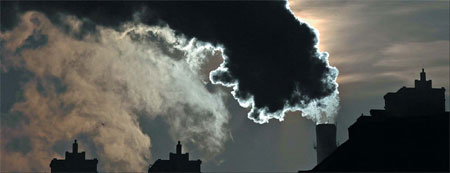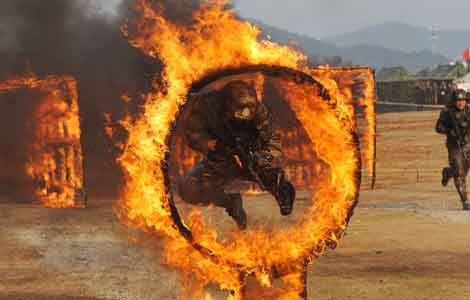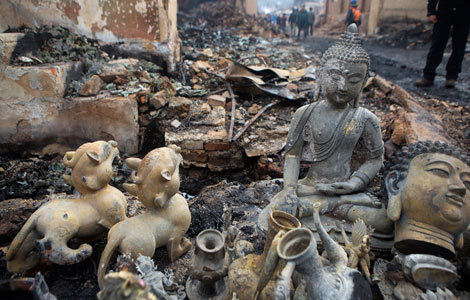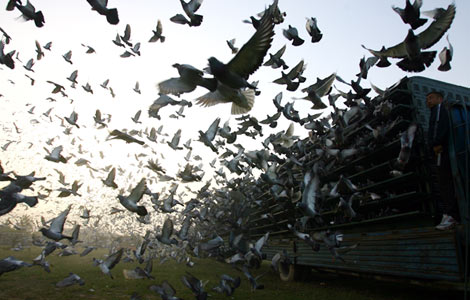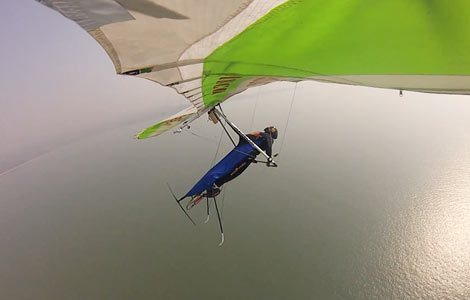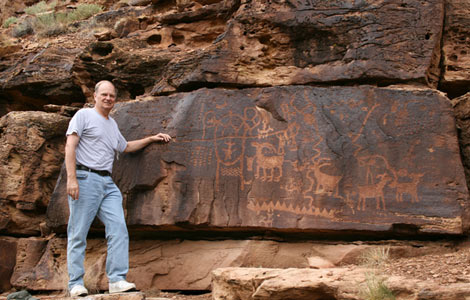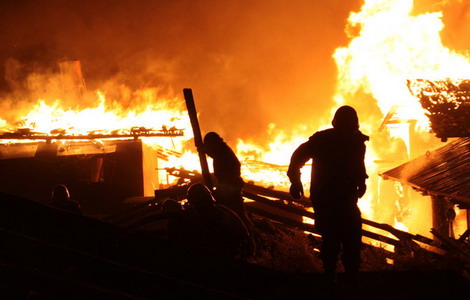Looking back at a year of mixed blessings
Updated: 2014-01-13 08:02
(China Daily)
|
||||||||
Smog
We are all responsible for pollution, so let's do something
The year started with heavy smog that shrouded 17 provinces, mainly in northern China, for approximately 20 days. My discussions with friends in the cafes of Beijing and on social networks were all about the smog, and how dissatisfied we were with the attempts to lift the gray blanket.
The smog returned in early December, disrupting life in 104 cities across 20 provinces. Another round of complaints flooded my social network, but this time they mainly came from friends living in the Yangtze River Delta region, the most-severely affected area.
That was when I finally understood how we ended up polluting our environment to such an astonishing extent.

Just as the National Environment Protection Act passed in the US in 1970, along with the establishment of the Environmental Protection Agency, were both prompted by a 1969 fire on the heavily polluted Cuyahoga River, many people only care about the environmental damage they've caused when they see the direct threat it poses to their own lives.
This also explains why environmental issues such as water and soil pollution can never be as "hot" as smog and haze, even though experts repeatedly warn that they are much worse than air pollution, because dirty air is visible to, and inhaled by, every one of us.
Even when they acknowledge the problem, many people still think of it as the government's responsibility and all they need to do is simply complain and mock.
This reminds me of a basic concept in environmental economics, "the tragedy of the commons", which contends that if a commonly held resource is used by all according to their needs and desires, that resource will eventually be depleted to the point of destruction.
People tend to consume natural resources without self-imposed limits, because the more an individual consumes, the greater their personal benefit, while the damage is shared by all. As in this case; no one owns the air, which is available to all, but unlimited use leads to air pollution, which is shared by all.
So during periods of heavy pollution, people sit in their high-emission cars with air-conditioners running, enjoying personal comfort and convenience and complaining that no officials have been removed from their posts for failing to tackle the problem, without the slightest inkling that they themselves are among the polluters.
As an environmental journalist, I wrote many stories about air pollution in 2013, most of which pointed to weak management of the issue and illegal discharges by businesses.
The government should shoulder some of the blame, of course, but if we want to breathe clean air in the future, there is a reality we all have to face - only concerted participation and action can change our common future.
Further reading: Haze Cure May Need New Olympian Vision, published on Jan 24, and Pollution: Chimney Checks Pinpoint Smoking Guns published on Dec 9
|
Heavy smog hit many parts of the country in 2013, making environmental issues a hot topic of the year. |
Most Viewed
Editor's Picks

|

|

|

|

|

|
Today's Top News
Rich Chinese tourists looking to space
Deals 'blow' against separatists
Sharp fall in tourism hits Beijing
Sharon's legacy full of contradictions
Lenovo targets US, but when?
Embraer extends coverage in China's aircraft market
Japan tries to justify shrine visit
Culture sets the beat for ties
US Weekly

|

|
